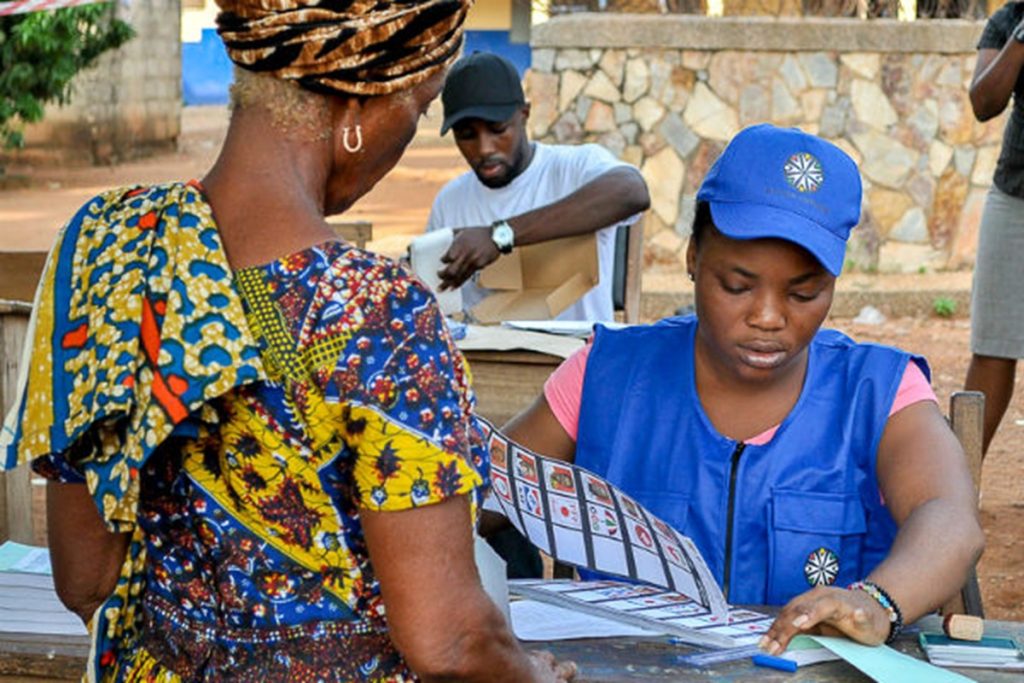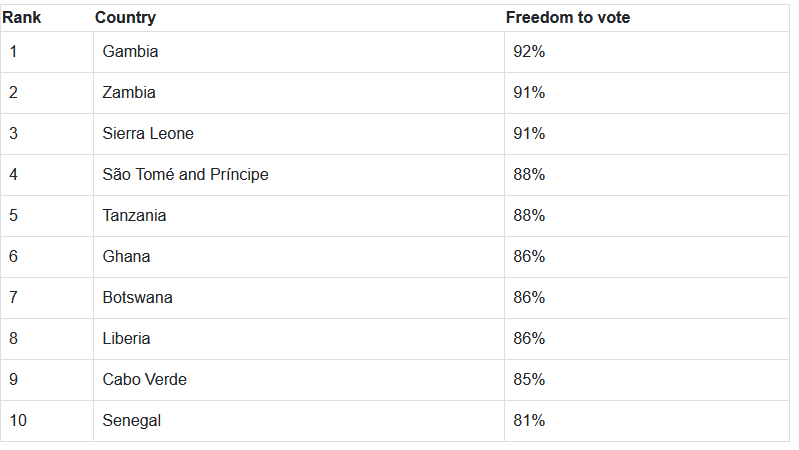Voting is seen as the best method for selecting leaders in Africa. The year 2024 is set to be a pivotal year for the rich continent with elections fixed in at least 17 countries across the continent.
So far, the year has brought a mixed bag of results. Some leaders have been re-elected, while new figures have emerged, such as Bassirou Diomaye Faye in Senegal, who is now the youngest elected executive in a continent largely governed by older men.
However, not all electoral plans are unfolding as anticipated. In countries led by juntas, like Burkina Faso and Mali, elections aimed at restoring democratic civilian governance have been postponed.
The focus on the quality and legitimacy of these elections is crucial. According to Afrobarometer, the majority of Africans (75%) view voting as the best method for selecting their leaders. More than six in ten citizens support the electoral process in all surveyed countries, except for Lesotho, where support stands at 44%.

Nearly two-thirds (64%) of Africans desire multiparty competition to ensure that voters have genuine choices in who governs them. Yet, there is a troubling decline in support for elections—an 8 percentage point drop over the past decade—reflecting a waning commitment to democratic norms and practices.
This letdown may stem from a history of elections marred by poor quality, disputes, and violence or from a recognition that elections alone do not guarantee accountable governance or reliable public services. Citizens’ perception of their most recent national elections as largely free and fair has fallen by 7 points since 2011/2013, from 66% to 59%.
On a brighter note, nearly nine in ten Africans believe they are “somewhat free” (20%) or “completely free” (65%) to vote for their preferred candidate without feeling pressured. This sense of freedom is powerful, reaching 97% in The Gambia, Zambia, and Sierra Leone.
Here are the 10 Best Countries with Free Voting Rights in Africa.



